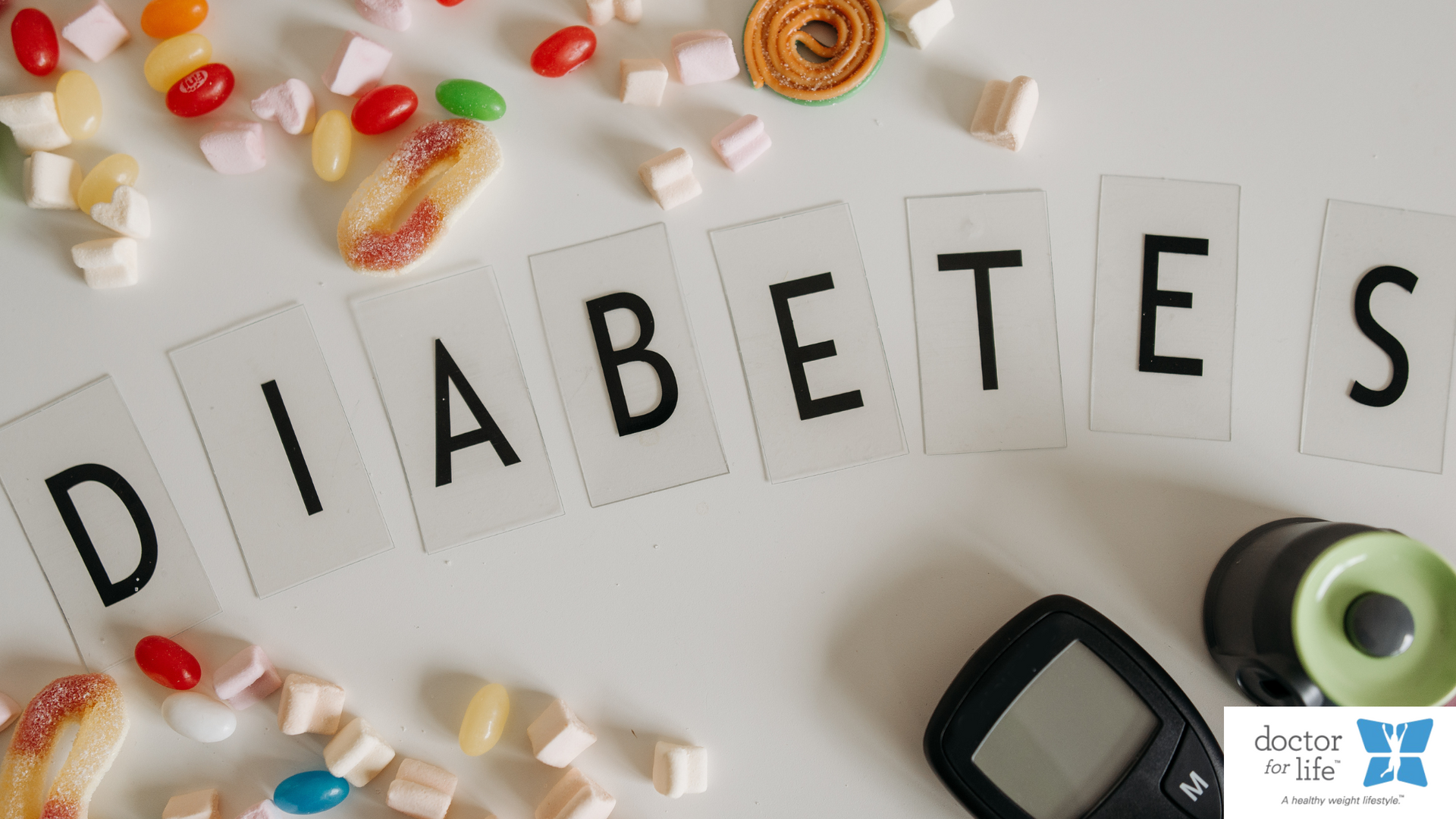Here's the Skinny regarding Weight
Cheryl Sarmiento, MD • April 25, 2020
Fitness matters more than Fatness

When it comes to Health and Wellness why does Fitness matter the most ?
Given the same weight, fat are bigger while muscle are leaner.
Muscle tissue is the body’s engine that burns calories; is 10 times metabolically active than fat tissue. Fat tissue are not just storage for food but also it is hormonally active and regulates the body in a dysfunctional way except for Leptin, a satiety hormone that regulates the appetite center.
The best predictor for health is a lower percentage of total body fat because fat is known to be highly inflammatory to the body.
It makes our body more prone to diseases, alters the normal physiologic function and alters hormonal balance. Normal fat% for men is between 18-20%; and for women it is under 35%.
Weight is just a number on the scale, you must know your body’s composition. More than 60% of total body weight is water, the rest are lean body mass and fat mass. While BMI (body mass index) indirectly measures the body fat based on height and weight. BMI categorize a person as normal weight, overweight or obese if more than 30. People are often surprised at what is considered normal weight.
At doctor for life we look at the person holistically because obesity is a disease, it is complex and multifactorial, and it is not the person’s fault.
Often we rush to judgment and some doctors summarily recommend to their patients who are obese or overweight to “just be fit” and exercise more. We applaud this effort but this is not only unhelpful but also not true.
A person who is overweight or obese does not mean they are automatically unfit.
There are obese people who run every day, and then there are thin people who couldn’t run a mile for their life and some have shorter lifespan. A muscular individual for example, an athlete can also be considered obese based on BMI parameter, because muscle weighs more than fat. But these are exceptions to the rule. Studies show that when someone is categorized as obese, the likelihood of them being fit is very low.
Studies have looked at fitness and obesity as two separate entities but both can be influenced by how much you weigh, weighing more typically means lower fitness. Fitness measures how well your heart and lungs work to supply oxygen to your muscles while fatness is a measure of your body height and weight.
Apart from weight, fatness makes it difficult to be fit for following reasons:
a. Extra weight can make it harder to move, and thus harder to exercise.
b. Heavier individuals often have a difficult time doing physical activity due to body size, limited mobility and joint pain.
c. Physiologically, it is more difficult for an obese individual to do the same amount of exercise as a healthy-weight person because of the extra weight they carry.
d. Heavier people need more oxygen to do the same exercise as a healthy-weight person.
e. Some obese people report that even walking can seem tough. Fitness is just harder to achieve if you can’t move easily and can’t achieve a full metabolic function causing fatigue and poor quality of life.
f. Aside from these, risk of an early death is also an issue.
g. Studies show that Obesity has been linked to diabetes, heart disease, liver disease and a whole host of health problems that may require taking daily pills or having daily injections, or lead to invasive procedures.
h. The most heartbreaking stories are from obese patients who can’t go on roller coasters with their children or it restrict their travel, or can’t keep themselves clean due to their size.
For these group of people focusing on losing weight is a better place to start.
Weight loss is the cornerstone of therapy for people with obesity because it can ameliorate or completely resolve the metabolic risk factors for diabetes, coronary artery disease, and obesity-associated cancers.
We therefore conclude that weight-loss therapy, including a hypocaloric diet with adequate (but not excessive) protein intake and increased physical activity (particularly resistance-type exercise), should be promoted to maintain muscle mass and improve muscle strength and physical function in persons with obesity.










